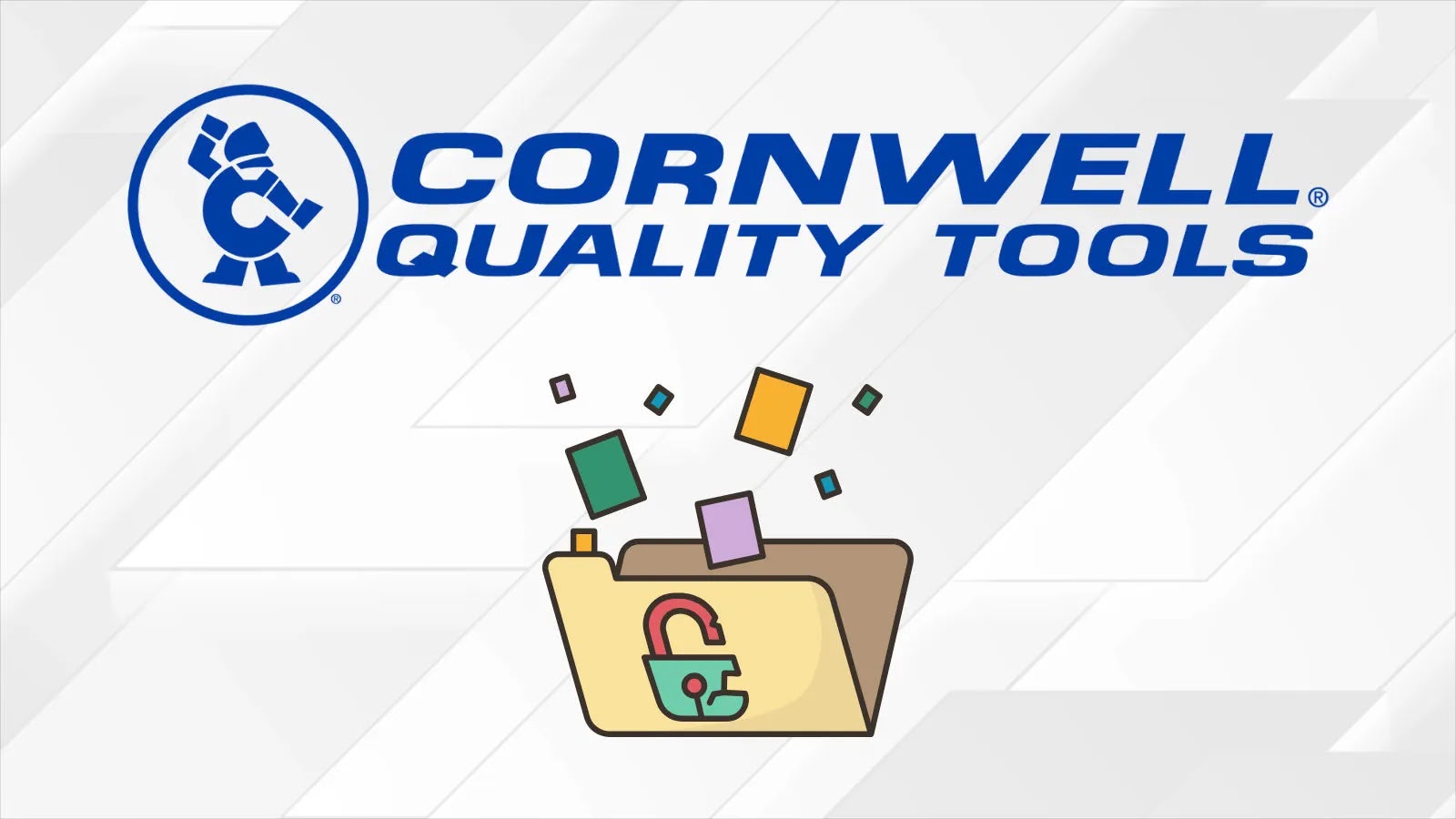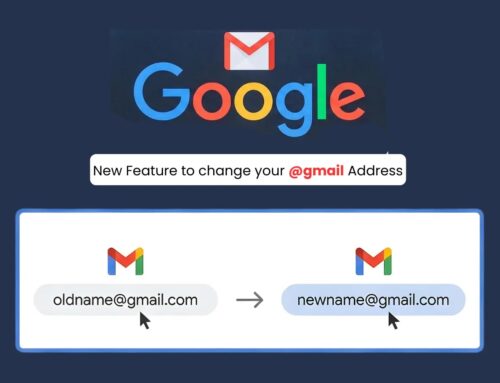
Cornwell Quality Tools Data Breach – 100,000 Users Data Was Compromised
Navigating the Fallout: Cornwell Quality Tools Data Breach Exposes 100,000 Users
In an increasingly interconnected digital landscape, the security of sensitive personal information remains a paramount concern for both organizations and individuals. Recent reports from Cornwell Quality Tools, a long-standing supplier in the automotive and industrial sectors, have brought this concern into sharp focus. The company has publicly disclosed a significant data breach, impacting nearly 104,000 individuals, raising critical questions about data security protocols and the pervasive threat of cyberattacks.
This incident, which involved unauthorized access to Cornwell Quality Tools’ internal network, has led to the potential exposure of both personally identifiable information (PII) and protected health information (PHI). For cybersecurity professionals, this event serves as a stark reminder of the continuous need for robust defense strategies and proactive incident response planning.
Incident Overview: Unauthorized Access and Data Compromise
The breach at Cornwell Quality Tools was first identified on or around [Note to self: The source does not specify the exact date of discovery, only that it was “first identified on or around.” For a real-world scenario, I’d seek this specific date for precision.]. While the comprehensive details of the initial intrusion vector have not been fully released, the core issue stems from unauthorized access to the company’s network infrastructure. Such incidents typically involve sophisticated phishing campaigns, compromised credentials, or the exploitation of unpatched vulnerabilities within an organization’s systems.
The direct consequence of this unauthorized access was the exfiltration of sensitive data belonging to approximately 104,000 individuals. The scope of compromised data is particularly concerning:
- Personally Identifiable Information (PII): This typically includes names, addresses, phone numbers, email addresses, and potentially financial account details or social security numbers depending on the nature of the data held.
- Protected Health Information (PHI): The presence of PHI suggests that Cornwell Quality Tools, or a related entity, processes or stores health-related data. This could include medical records, health insurance information, or other sensitive health disclosures, magnifying the potential impact on affected individuals.
The convergence of PII and PHI within a single breach significantly elevates the risk for victims, making them targets for identity theft, financial fraud, and sophisticated phishing attacks tailored with their personal and health-related details.
The Gravity of PII and PHI Exposure
The exposure of PII and PHI carries profound implications for affected individuals and for the breaching entity. Understanding the specific risks associated with each category of data illuminates the severity of this incident.
Personally Identifiable Information (PII)
When PII is compromised, individuals face a heightened risk of:
- Identity Theft: Malicious actors can use stolen names, addresses, and other identifiers to open new credit accounts, file fraudulent tax returns, or obtain government benefits in the victim’s name.
- Financial Fraud: If bank account numbers or credit card details are exposed, direct financial theft can occur. Even without explicit financial data, PII can be used to gain access to existing accounts.
- Targeted Phishing and Social Engineering: With access to names, emails, and phone numbers, cybercriminals can craft highly convincing phishing emails or smishing (SMS phishing) messages, leading to further compromise of personal accounts or the deployment of malware.
Protected Health Information (PHI)
The compromise of PHI is particularly alarming due to its sensitive nature and the specialized risks it presents:
- Medical Identity Theft: This occurs when an individual uses another person’s name or insurance information to receive medical care, fill prescriptions, or make fraudulent medical claims.
- Blackmail and Extortion: Highly sensitive health information, if exposed, can be used for blackmail, especially if it pertains to stigmatized conditions or personal health struggles.
- Insurance Fraud: Compromised PHI can be leveraged to submit false claims to insurance providers, leading to financial loss for the insurer and potential legal complications for the victim.
- Impaired Credit: Unpaid medical bills from fraudulent activity can negatively impact an individual’s credit score without their knowledge.
The regulatory fallout from PHI exposure is also significant, potentially triggering obligations under frameworks like HIPAA, which can levy substantial fines for non-compliance and data breaches.
Remediation Actions and Best Practices for Organizations
While the full scope of Cornwell Quality Tools’ remediation efforts is not publicly detailed beyond the disclosure itself, a standard incident response framework outlines critical steps organizations must take following a breach. For other enterprises, this incident serves as a blueprint for proactive and reactive measures.
Immediate Steps Post-Breach:
- Containment: Isolate affected systems, revoke unauthorized access, and patch all identified vulnerabilities. This often involves taking systems offline temporarily.
- Eradication: Remove the threat entirely from the network. This includes eliminating malware, unauthorized accounts, and backdoors.
- Recovery: Restore affected systems and data from secure backups. Verify system integrity before bringing them back online.
- Notification Protocol: Adhere to all legal and regulatory requirements for informing affected individuals, regulatory bodies, and sometimes law enforcement. This includes clear, concise, and timely communication.
Long-Term Security Enhancements:
- Vulnerability Management: Implement a robust program for identifying, assessing, and remediating software and system vulnerabilities, including regular penetration testing and vulnerability scanning.
- Access Control Refinement: Enforce the principle of least privilege, ensuring users and systems only have access to resources absolutely necessary for their function. Implement multi-factor authentication (MFA) everywhere possible.
- Employee Training: Conduct regular, comprehensive cybersecurity awareness training, particularly focusing on phishing, social engineering, and secure data handling practices.
- Data Encryption: Encrypt sensitive data both at rest and in transit. This mitigates the impact of a breach by rendering exfiltrated data unreadable without the decryption key.
- Incident Response Plan (IRP) Testing: Regularly test and update the IRP to ensure it remains effective and all stakeholders understand their roles during a security incident.
- Third-Party Risk Management: Vet all third-party vendors and partners for their security postures, especially those handling sensitive data. Ensure strong contractual security clauses.
Recommendations for Affected Individuals
If you are among the 104,000 individuals impacted by the Cornwell Quality Tools data breach, immediate action is crucial to mitigate potential harm.
- Monitor Financial Statements: Regularly check your bank accounts, credit card statements, and particularly, explanation of benefits (EOB) statements from your health insurer for any suspicious activity. Report any unauthorized transactions immediately.
- Review Credit Reports: Obtain free credit reports from the major credit bureaus (Equifax, Experian, TransUnion) and scrutinize them for unfamiliar accounts or inquiries. Place a fraud alert or credit freeze if recommended by Cornwell Quality Tools or your financial institutions.
- Change Passwords: Change passwords for all accounts that may have used a password similar to any related to Cornwell Quality Tools, especially for email, banking, and other critical online services. Use strong, unique passwords for each service.
- Be Wary of Phishing: Exercise extreme caution with unsolicited emails, calls, or texts, particularly those claiming to be from Cornwell Quality Tools or related entities. Do not click on suspicious links or download attachments.
- Consider Identity Theft Protection: If offered by Cornwell Quality Tools, enroll in any provided identity theft monitoring and protection services.
Conclusion: A Continuous Security Imperative
The Cornwell Quality Tools data breach underscores a fundamental truth in cybersecurity: no organization is immune to attack. For businesses, this incident highlights the imperative of a proactive and layered security posture, continuous vulnerability management, and a thoroughly tested incident response plan. For individuals, it reinforces the necessity of vigilance, strong personal cybersecurity hygiene, and prompt action when a data breach occurs.
As the digital threat landscape continues to evolve, the responsibility for data security becomes a shared one, demanding constant adaptation and collaboration between organizations and the users they serve.





